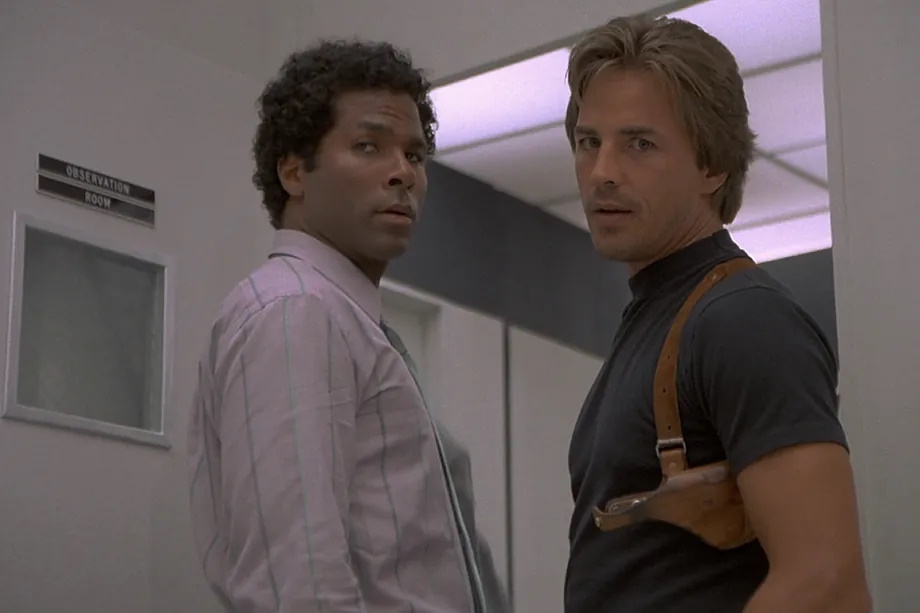What child from the 80s or 90s, now an adult and perhaps a parent, did not play at being part of the resistance or the visitors? What child did not dream of stopping goals like Benji or scoring them like Oliver? What group of friends did not ride their bikes in the summer thinking they were in Kit and wearing a leather jacket like Michael Knight? All those children played and dreamed with those series.
"There are people who reject nostalgia because they see it as something to overcome, but nostalgia from a certain point of view is good because when you reach a certain age, nostalgia is a comfort zone for the viewer." This reflection comes from Daniel Pérez, Entertainment Channels Director at AMC Networks, and one of the responsible, along with Antonio Ruiz, General Director, for the highly praised television nostalgia having its own space with VinTV, a linear channel that brings back great titles that marked the history of television. Aimed at viewers who grew up with these productions as well as new generations discovering them for the first time, VinTV offers a programming designed to revive emotions, plots, and unforgettable characters.
The idea was born from the memory of a series and a moment: Diana eating a mouse. Ruiz, a big fan of V, the series that marked a whole generation and that was "a revolution in Spain," was the seed for the creation of this channel. The watering for it to sprout was precisely "the baby boom generation." Many born in the 70s, big consumers of television during their childhood because television was the link and the main entertainment for families. And it is they who now want to "return to those moments and experiences."
"We are in a completely saturated audiovisual world," explains Pérez. AMC Networks already has new series, "but we were missing that look back." Some previous experiments on their channels with some, let's call them, vintage series, gave clues that they worked very well. And among V, Diana, the children born in the 70s, and the desire for... nostalgia is going to have its place on television.
In addition to these titles, VinTV will soon feature two series that changed the way of seeing and understanding television: The X-Files, arriving with Mulder and Scully after summer, and V, the unforgettable 80s dystopia that taught to be wary of overly friendly visitors.
But why do series from 40 or 30 years ago work so well? Why in an oversaturated industry where viewers have a wide range to choose from, hundreds of channels, and hundreds of contents, does the past still generate that need? "Life was the street, friends, school, and TV," says Pérez. "People seek to recover," he adds, "it is about rescuing the beauty that has happened in life, the beauty of childhood, it attacks directly to the heart," he states.
The series from the 80s had a very new way of storytelling at that time. It was a time of risk, consolidation, series made with a lot of freshness, with a very clear narrative, with a very direct identification with the characters. Who didn't want Michael Knight's hair or that watch he used to call Kit? There was a mix of these new storytelling forms and an audience that was starting to explore television. And the key to it all: "Everyone sat down to watch the same thing and it generated a conversation where everyone knew that at three-thirty in the afternoon from August 1, 1985, Knight Rider was on."
For Pérez, the success of this television is a "generational" issue. "It was a moment of escape and conversation," he concludes. V, Knight Rider, and many others were series you played with. Some were the resistance, others were the extraterrestrials. It was a time with limited distractions. "There were no networks, the streets were the networks," Pérez adds. Verano Azul hit hard because everyone identified with that group, everyone born in '75 spent dozens of afternoons annoying their families saying "maybe," as that group said. "It was the magic of television and that has not died," Pérez concludes.
